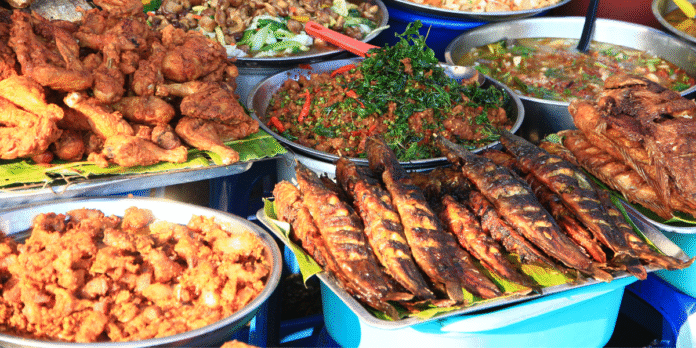Sri Vijaya Puram, 17 May, Thirty-one heads bowed in unison as certificates changed hands today at the Rural Self-Employment Training Institute, signalling the close of a 12-day Fast-Food Stall Udyami course designed to turn home cooks into entrepreneurs. The cohort, drawn entirely from National Rural Livelihood Mission self-help groups, leaves armed with recipes for success and bank assurances of credit to launch quick-service counters across the islands.
The kitchen-to-market curriculum blended wok sizzle with spreadsheet rigour. Morning sessions covered hygiene, portion control and five-minute snacks that survive tropical humidity; afternoons shifted to costing, GST basics and digital wallet onboarding. Trainees priced a samosa plate to the paise, learning how oil reuse cycles dictate profit margins, while mock menus paired high-margin wraps with child-friendly smoothies to widen customer reach.
At the valedictory, Block Development Officer Lalita Tigga applauded the batch “for coming forward to gain information and knowledge in fast food udyami” and urged the group “to work hard to get success in their life and become athmanirbhar.” Credit-linkage chief Ummer Farooq advised that “those trainees who would require funds for starting their venture, requisite loan will be extended by the banks.” Lead Bank coordinator Ravi Sankar noted the booming tourist appetite for island snacks and encouraged adding nutrient value to daily family diets.
Behind the dais speeches lie granular targets. Each trainee exits with a stall blueprint, counter dimensions, equipment list, five-item starter menu and location shortlist vetted for footfall. RSETI mentors will conduct fortnightly site visits, fine-tune signage, and track initial cash flow. Past graduates who sustain operations for six months gain eligibility for a top-up loan and bulk-purchase discounts through a new women-led vendors’ collective.
Tourism tailwinds favour the venture pipeline. With cruise traffic projected to swell 18 percent this season, jetty food courts are courting local flavours to replace generic chips-and-cola. The Administration’s street-vending policy, refreshed last year, allots low-rent kiosks to SHG enterprises that meet hygiene audits. RSETI has already reserved ten bays near Aberdeen Bazaar and Wandoor beach for the new alumni, subject to municipal clearance.
Yet challenges loom. Supply chains can wobble in monsoon, and single-use-plastic bans raise packaging costs. Trainers therefore drilled contingency plans: shelf-stable spice mixes, bamboo leaf bowls, WhatsApp sourcing groups to bulk-order flour before storms hit shipping lanes. Trainees practiced converting perishable leftovers into next-day chutneys or spiced crumbs, squeezing waste margins.
The course’s social dividend resonates beyond profit graphs. Many graduates are first-time earners whose incomes will feed school fees and medical bills. In class surveys, trainees cited independence as motivation equal to money; the certificate confers not just licence to trade but confidence to negotiate vendor pitches and bank counters.
Health authorities welcome the ripple. Informal snack stalls often operate outside inspection glare; trained vendors raise the baseline of safe cooking oil cycles, potable water use and waste segregation. RSETI aligned lessons with the Food Safety and Standards Authority’s street-food code, ensuring each stall will display hygiene ratings once operational. As the ceremony closed, graduates posed for selfies, clutching laminated certificates and recipe notebooks. Tomorrow brings market scouting, taste-testing with neighbours and perhaps a tentative loan-application draft. If the island’s promenades soon smell of fresh momo and millet cutlets, credit much to a 12-day boot camp that fused apron craft and ledger logic, giving street-food sisters the tools to step up and serve.





